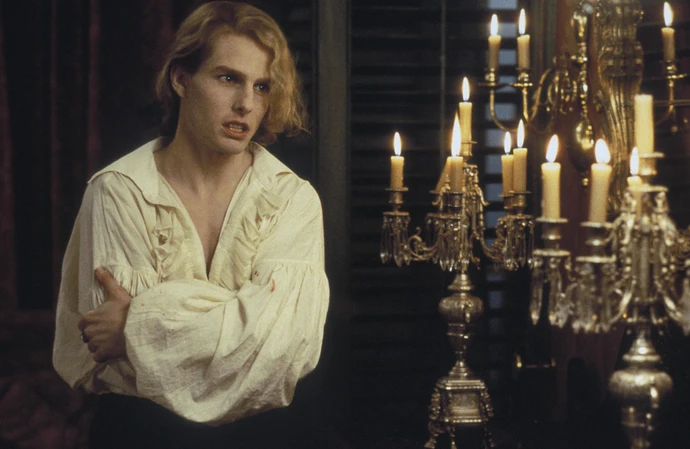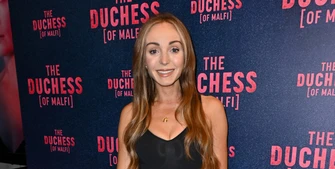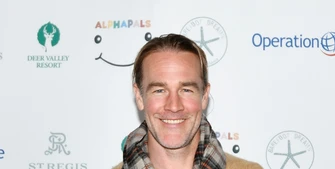Tom Cruise rejected Interview with the Vampire sequel
In a retrospective lookback at 'Interview with the Vampire' to celebrate the film's 30th anniversary, director Neil Jordan revealed Tom Cruise refused to reprise his role as Lestat de Lioncourt for a sequel.

Tom Cruise refused to return for the 'Interview with the Vampire' sequel.
The 62-year-old actor starred in the 1994 horror picture – which is based on the 1976 Anne Rice novel of the same name - as the blood-sucking Lestat de Lioncourt, and director Neil Jordan has now revealed that a follow-up to the movie was shelved after Cruise ruled out reprising his role for another film.
Speaking with Variety, the 74-year-old filmmaker said: "I was asked to write a script of 'The Vampire Lestat', which I did. And quite simply, Tom didn’t want to reprise the role. It was as simple as that.
"And it would’ve been quite a different animal. If Mr. Cruise had said he would do it, I’m sure they would’ve done it. But at the time he wasn’t doing sequels."
The 'Mission: Impossible' actor starred opposite Brad Pitt in the flick, who played the heartbroken widow Louis de Pointe du Lac who goes on to become a vampire after Cruise's Lestat bites him.
While the 'Top Gun' star had previously joked about the homoerotic undertones between his and Pitt's characters, Jordan insisted he wanted this theme to be prevalent in the film to stay faithful to Rice's original novel.
The director explained: "I just wanted to be accurate to Anne’s book.
"Once Louis is turned into a vampire, he’s stuck with this companion who is half a lover, half a manipulator. And any of the sexual undertones that are there are expressed through blood, and through the desire for blood.
"So I would say there is exactly the amount of eroticism, homoeroticism or otherwise, that there was in Anne’s novel.
"And in fact, when I did my draft I had to reintroduce as much as I could of those elements."
'Interview with the Vampire' went on to earn an impressive $223.6 million at the worldwide box office when it hit theatres in 1994, and the moviemaker said it was "really gratifying" to have worked on such a commercially successful project.







